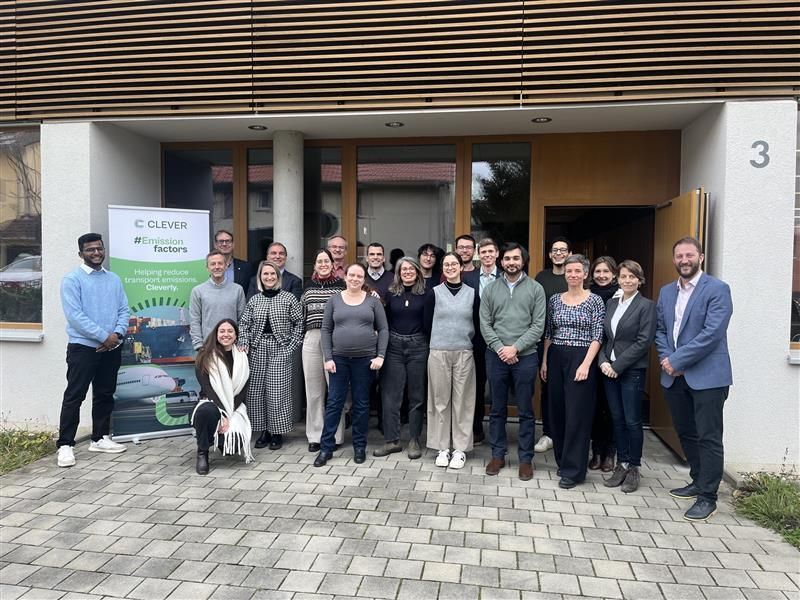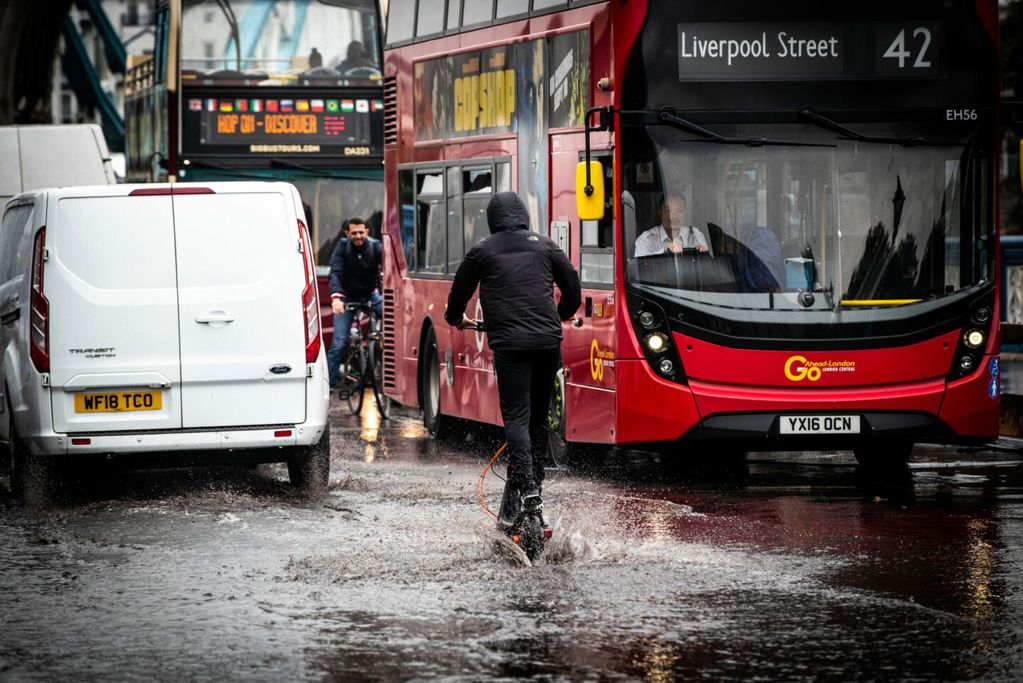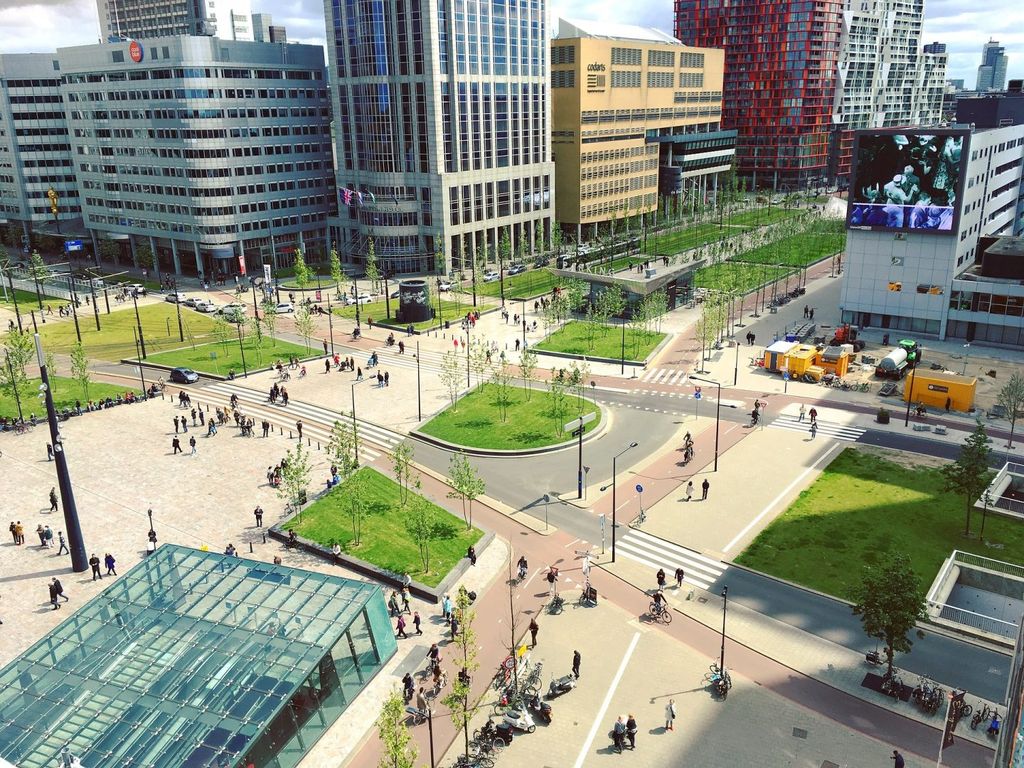
UITP publishes report ‘public transport for healthy low carbon cities’
As the 27th UN Climate Conference goes into its second week in Sharm El Sheikh, Egypt, UITP released its summary report for COP27 on ‘public transport for healthy low carbon cities’. The report outlines four priority actions that local, regional and national decision makers can take to improve health, stimulate development and bring human benefits through public transport.
The climate crisis continues to make people sick and jeopardises global health. In order to create healthy, inclusive, economically competitive and decarbonised urban areas, cities need an integrated approach to land-use and transport planning.
Ensuring public transport as the backbone of urban mobility systems reduces the risk of traffic injuries. Not only is public transport the saftest mode of travel, it also combats inactive lifestyles, air pollution and noise pollution.
Air pollution is the greatest threat to health worldwide and is estimated to cause 6.7 million deaths each year. Urban transport is a significant source of urban air emissions, responsible for around a quarter of particulate matter globally and principally caused by private vehicle traffic.
Almost the entire global population (99 per cent) live in places where air pollution levels exceed WHO guideline limits and not a single country managed to met the latest air quality standard in 2021. Well-designed public transport policies and investments will significantly reduce carbon emissions and health risks.
Increased use of public transport improves air quality. It produces far fewer quantities of air pollutant per passenger kilometre than individual motorised mobility. With the increase in decarbonised busses, public transport makes our cities cleaner every day. The cleaner air resulting from a stronger use of public transport benefits every single person across the globe.
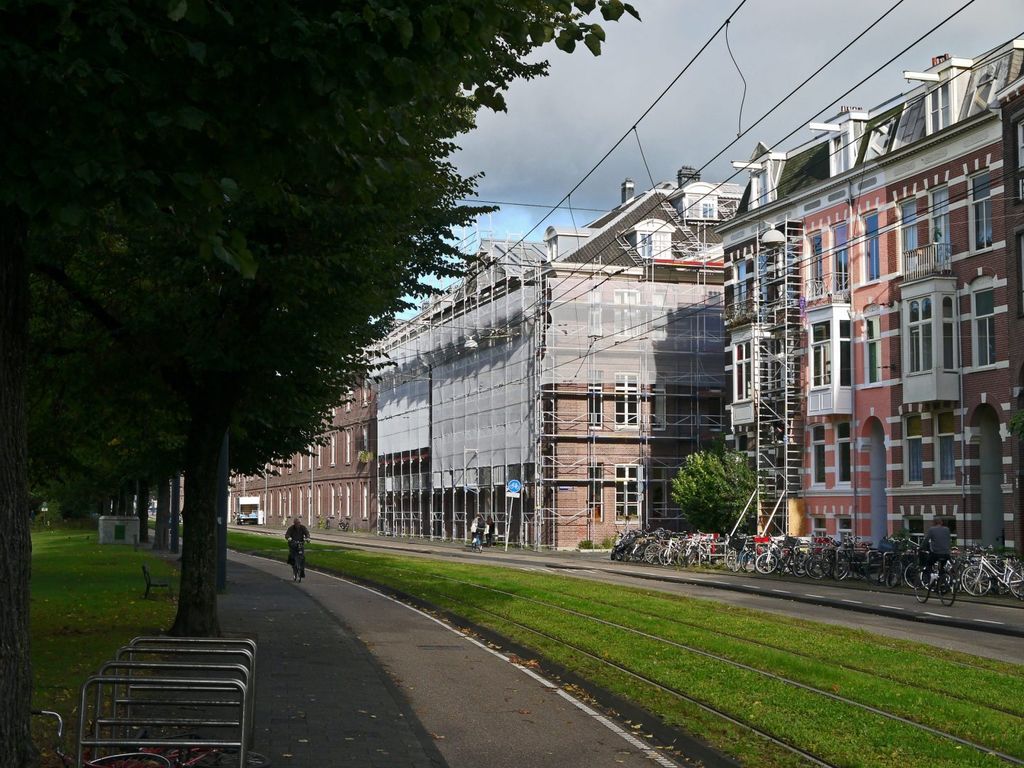
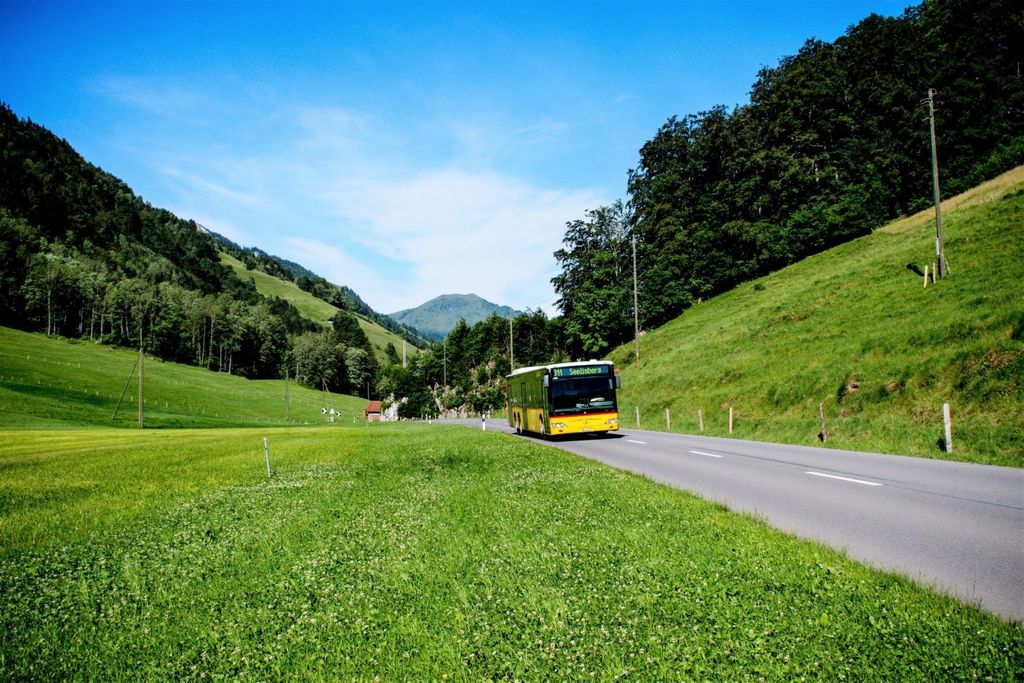
Examples from across the globe prove the key role public transport plays in cities’ decarbonisation and health. The UITP report mentions London in the United Kingdom as an example. Particulate matter and nitrous oxide emissions decreased by 12% after the city introduced its congestion charge in 2003.
When Curitiba, Brazil began encouraging high-density development close to the bus rapid transit system, more people gained easy access to public transport. The city now uses roughly 30% less fuel per person than comparable cities and has among the lowest levels of air pollution.
The full report outlines more case studies, proposes concrete actions, and gives key policy recommendations.
Read the report on public transport for healthy low carbon cities.
UITP at COP27
On 15 November at 15:30, UITP takes part in the event on ‘clean transport for healthy cities and communities’ on the Health Pavilion at COP27. More info and a live stream are available on our COP events page.
Membership benefits

